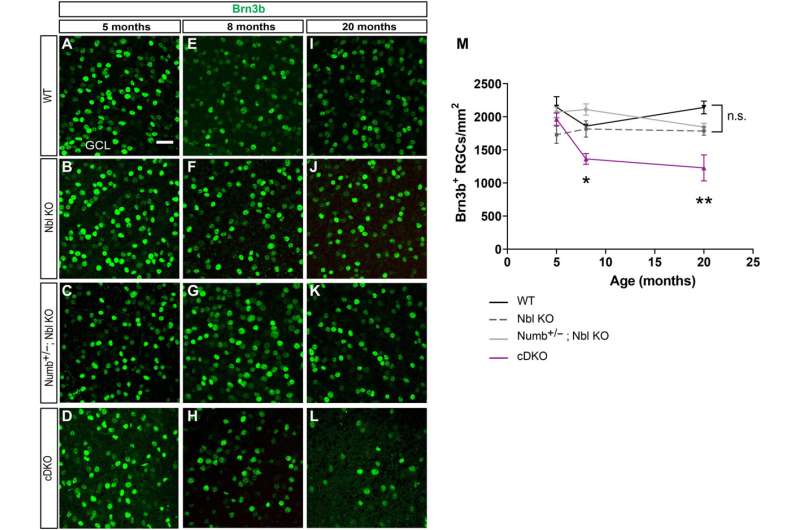
AI’s Triumph: Unlocking the Mysteries of Protein FoldingAI’s Triumph: Unlocking the Mysteries of Protein Folding The intricate shapes of proteins are essential to their biological functions. Understanding how proteins fold into these complex conformations has long been a puzzle, but recent advances in artificial intelligence (AI) are transforming our ability to tackle this challenge. Protein folding is a complex process driven by a multitude of physical forces and interactions. Predicting the final conformation of a protein from its amino acid sequence has proven computationally challenging. Traditional methods relied on simulations that were limited in speed and accuracy. However, AI-powered algorithms have emerged as a game-changer. Deep neural networks, trained on vast datasets of protein structures, can now predict the 3D conformations of proteins with unprecedented speed and accuracy. One such AI-based method is AlphaFold, developed by DeepMind. AlphaFold has won numerous protein folding competitions, including the biennial Critical Assessment of Protein Structure Prediction (CASP). In 2020, AlphaFold achieved near-atomic accuracy in predicting the structures of nearly all the proteins tested. The implications of AI-powered protein folding are profound. By accurately predicting protein structures, scientists can gain insights into their functions, identify potential drug targets, and accelerate the development of new therapies. For example, AlphaFold has been used to predict the structure of the SARS-CoV-2 spike protein, revealing key features that are crucial for virus entry into cells. This knowledge has enabled the development of effective vaccines and antiviral treatments. Moreover, AI-based protein folding algorithms are being applied to a wide range of research areas, including drug discovery, enzyme engineering, and computational biology. The ability to predict protein structures with high accuracy has opened up new avenues for scientific exploration and has the potential to revolutionize biotechnology and medical research. As AI technology continues to advance, we can expect to witness even greater breakthroughs in the field of protein folding. AI algorithms will become increasingly sophisticated, capable of predicting protein structures with even higher resolution and accuracy. This will further unlock the mysteries of protein function and open up countless new opportunities for scientific discovery.
Posted inNews